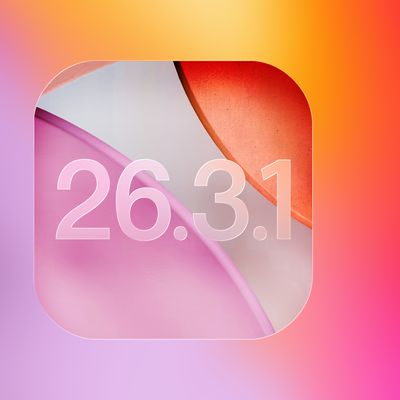Smaller iPhone to Eliminate Storage, Rely on Cloud-Based Content?
Following up on recent reports of a
smaller, cheaper iPhone,
Cult of Mac claims that Apple will cut costs on the smaller iPhone in large part by drastically slashing the on-board memory of the device and relying on cloud-based content delivery.
Apple decided to lose some of the memory, which is by far the most expensive component of the iPhone (up to one-quarter of the devices cost, according to iSuppli estimates).
By "some" of the memory, we mean ALL of the memory. The iPhone nano will have no memory for onboard storage of media, our source says. It will have only enough memory to buffer media streamed from the cloud.
"I'm talking strictly storage memory here," said our source.
According to the report, the smaller iPhone would pull essentially all of its media through a revamped MobileMe service, reducing the need for significant on-board storage in the same way that the Apple has been able to slash storage on the second-generation Apple TV by shifting to a streaming model.
The report notes that some on-board storage would clearly be required for the operating system itself and other critical system data, including caching of data handed down from the cloud and perhaps storage of photos and videos taken by the device should it include a camera.
We also suspect that such a device would not be able to support the App Store, as Apps depend on locally-stored content, and would thus require significant modification to run from the cloud. Apple may avoid the potential user interface issues of a smaller, lower-resolution screen by simply not allowing third-party apps at all, and opting to use only built-in apps specifically designed for the smaller screen. But given the runaway success of the platform, it would still be surprising for Apple to shift away from an App Store-focused ecosystem for the new device.
Popular Stories
In his Power On newsletter today, Bloomberg's Mark Gurman said Apple will have a three-day stretch of product announcements from Monday, March 2 through Wednesday, March 4. In total, he expects Apple to introduce "at least five products."
Subscribe to the MacRumors YouTube channel for more videos.
A week ago, Apple invited selected journalists and content creators to an "Apple Experience" in...
Apple's software engineers are testing iOS 26.3.1, according to the MacRumors visitor logs, which have been a reliable indicator of upcoming iOS versions.
iOS 26.3.1 should be a minor update that fixes bugs and/or security vulnerabilities, and it will likely be released within the next two weeks.
Last month, Apple released iOS 26.2.1 with bug fixes and support for the second-generation...
Apple is expected to launch a new foldable iPhone this year, based on multiple rumors and credible sources. The long-awaited device has been rumored for years now, but signs increasingly suggest that Apple will release its first foldable device in 2026.
Subscribe to the MacRumors YouTube channel for more videos.
Below, we've collated an updated set of key details that have been leaked about ...
The special new color that Apple is considering for the iPhone 18 Pro and iPhone 18 Pro Max this year is red, according to Bloomberg's Mark Gurman.
Specifically, he said that Apple is testing a "deep red" finish for the two devices.
If this rumor materializes, it would be the first time that the Pro and Pro Max models ever come in red, and the iPhone 18 Pro models would be the first...
Apple has been developing a more affordable version of the MacBook, and it's rumored to be launching in under two weeks. This is going to be one of Apple's most unique Macs, because there hasn't really been anything quite like it before.
We've rounded up everything we know about the low-cost MacBook ahead of its March debut.
Design
Rumors about the MacBook's design make it sound a lot...





















